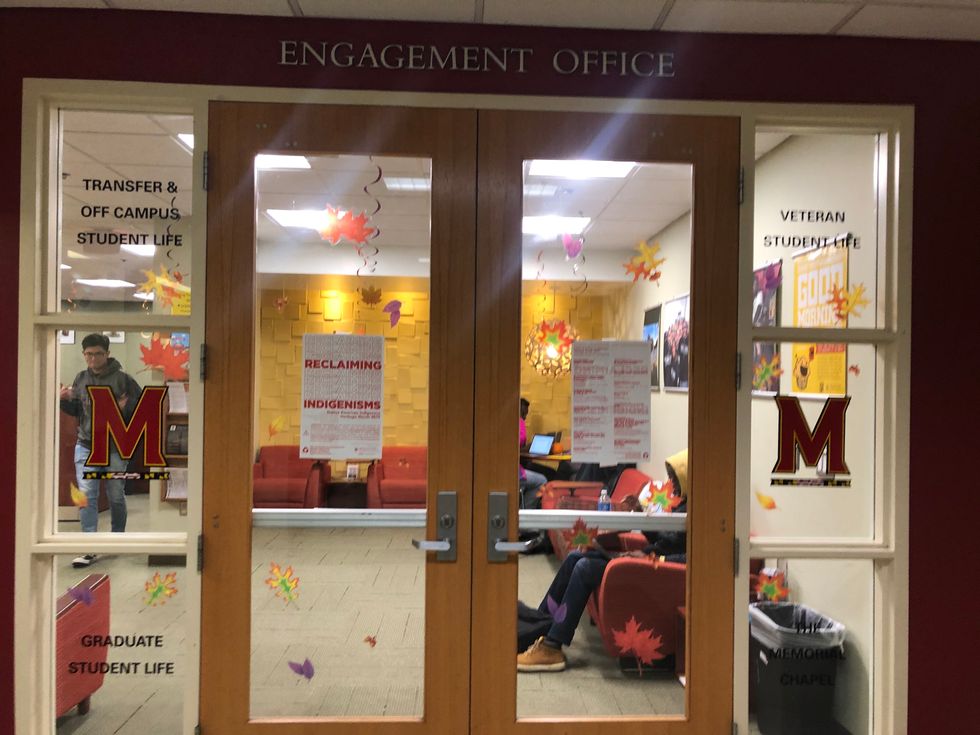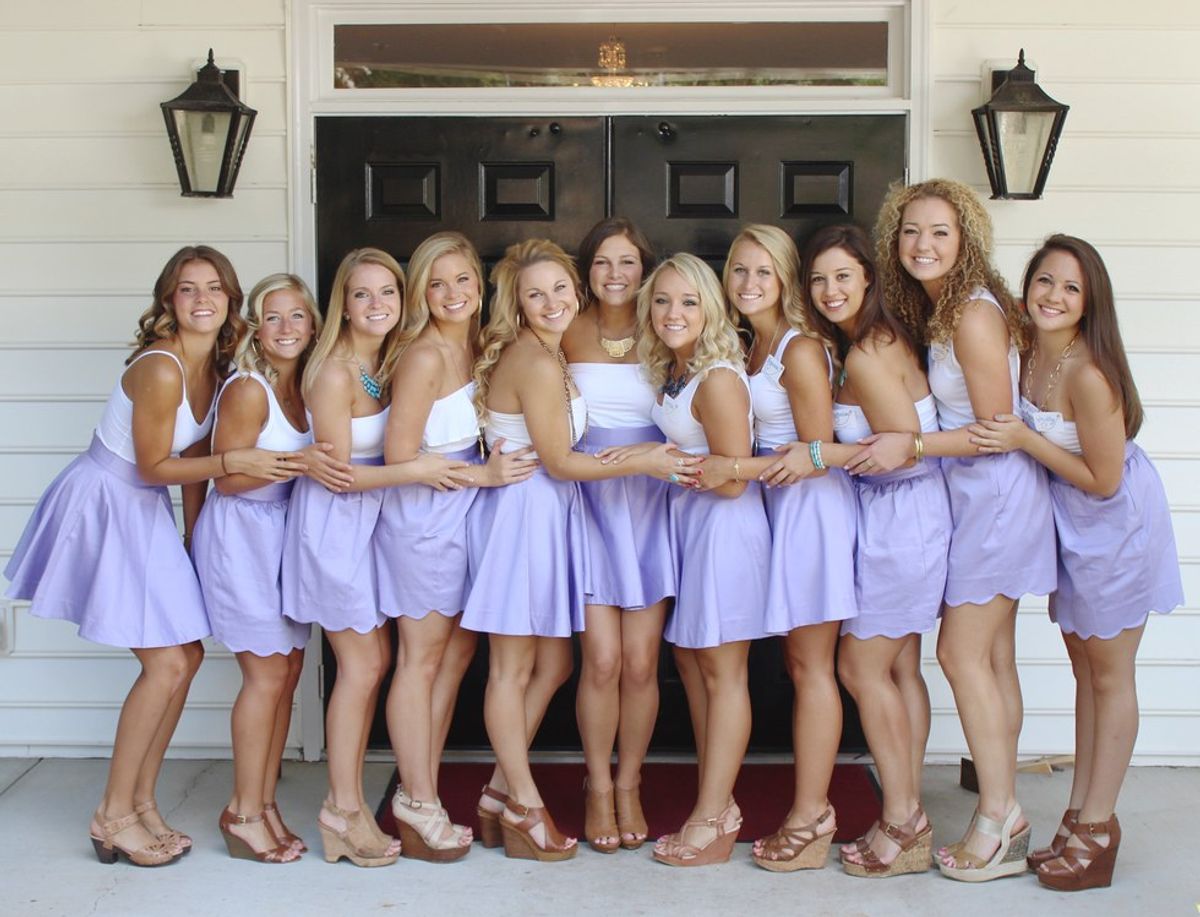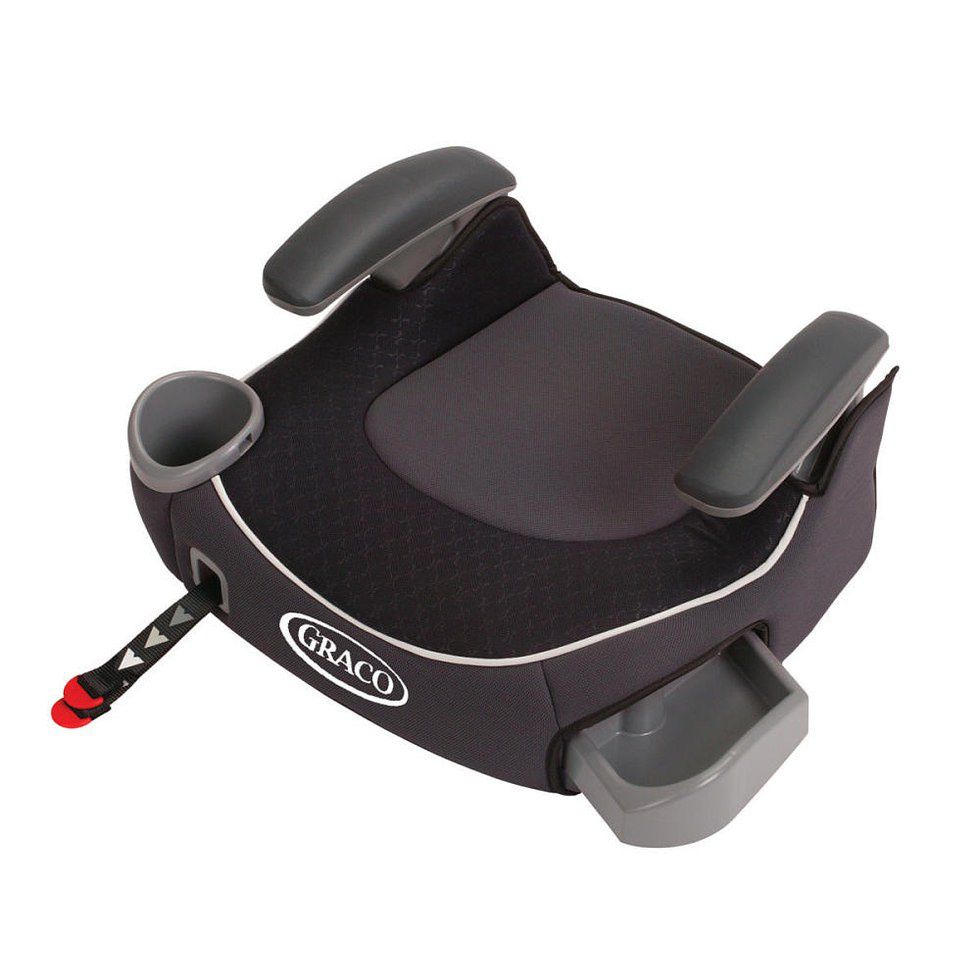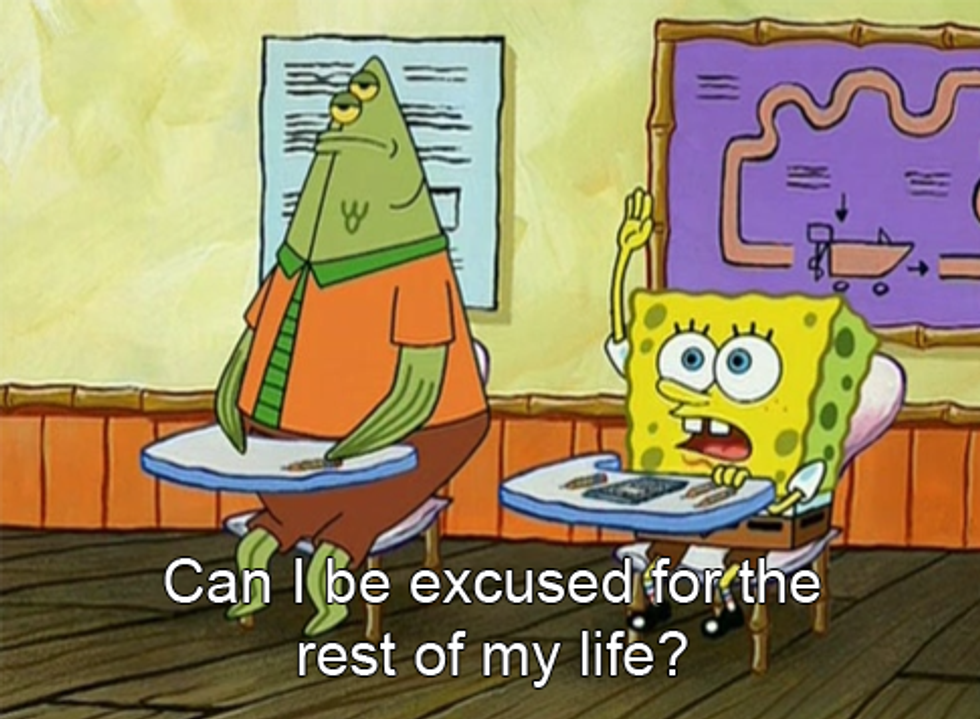The Veteran Student Life Office, located in the Engagement Office in Stamp Student Union, provides support and resources to these student veterans to help them transition back to civilian life.
800 student veterans are currently enrolled at the University of Maryland. A student veteran can be someone who has previously served in the military or is active duty. They can also be a member of the National Guard or Reserves.
The Veteran Student Life Office acts as "the first point of contact" they have on campus, according to David Reese, the Veteran Student Life Office Coordinator.
A student veteran can be someone who has previously served in the military or is active duty. They can also be a member of the National Guard or Reserves.
"As a campus goes, we are a very veteran-friendly campus," Reese said.
There are many programs that the office has in order to help the student veterans build connections to the campus. Each fall and spring, there is a Student Veteran Orientation. All the incoming veterans are invited, so they can get to know what resources are available to them. The Veteran Student Life office invite all of their campus partners to the event, including the Health Center and Career Center. Reese also said the orientation is a good opportunity for student veterans to meet their peers.
"They can realize they are not alone in this transition they're going through," Reese said.
In addition to the orientation, the office also provides a peer mentor program, where incoming students are matched with sophomore or above student veterans, as well as the Veteran Center. The Veteran Center is a lounge for student veterans, which can only be accessed by card swipe, has a computer lab, a lounge, kitchen, and a secondary Veteran Student Life Office.
Naomi Fritts, a graduate assistant in the Veteran Student Life Office, says the Veteran Center is popular among student veterans.
"There's like 3 to 10 people in there at any given time," Fritts said.
The center provides a physical space for student veterans to continue to form their community, according to Reese, that it allows them to be with people who understand their situation.
"If you need a break from traditional college age students and you just want to be around people that are in that same place as you," Reese said.
Even though these programs are available to student veterans, they are no obligated to take advantage. Everything is completely optional, and the office is only meant to serve as a resource if it is needed.
Reese explains, "We're here as a support."
When a student veteran is accepted to the University of Maryland, the Veteran Student Life is notified so that they can make the student aware of the programs they offer. Academic advisors are also in contact with the office, and they can notify it if they believe a student would benefit from the resources it offers. However, a majority of the campus probably does not know about it
"If you ask the average college student, 'Did you know there's 800 student veterans on campus?' I think most would be 'I had no idea'" Reese said, explaining that because of the large population of the school, students may not be aware of every office.
To raise awareness, the Veteran Student Life Office puts on the annual Operation Stick-it: 9/11 Remembrance event, as well as serve as a sponsor for the monthly Good Morning Commuters Breakfast.
Fritts explains that they do these events to make students aware of the veteran population on campus and to explain that they are not any different than any other student
"[To show] we're ordinary students just like you, we just have some different experiences, and you can ask us about them, politely," Fritts said.




















